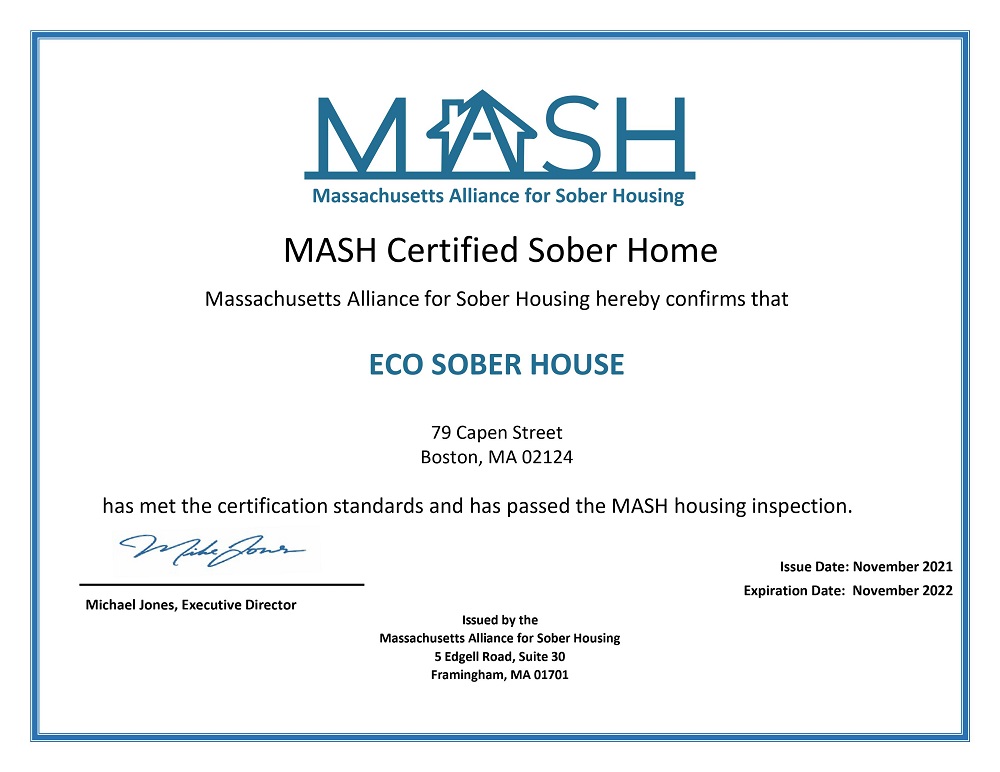Researchers estimate that worldwide, 43 percent of people who have had COVID-19 experience some form of long COVID. They also found that trouble with memory — a feature of brain fog — was the second most commonly reported symptom of long COVID after fatigue. In general, brain fog lingers between several days and several weeks. Research shows that regularly eating nuts can alleviate brain fog. They should seek mental health services and pursue therapy that deals with all of their conditions at once.
- Since COVID-19 has been around for a couple of years, researchers are getting a better idea of the long-term effects of the illness.
- Cognition refers to processes in the brain that we use to think, read, learn, remember, reason, and pay attention.
- Into Action Recovery Centers takes pride in providing a high level of treatment and a holistic approach to recovery for those who suffer from addiction.
- PLUS, the latest news on medical advances and breakthroughs from Harvard Medical School experts.
They cannot perform tasks that require prolonged focus, planning skills, or complex problem solving easily. You can rest assured that brain fog goes away just like your other withdrawal symptoms. While the time line is different for everyone, you should start to notice differences in your mental acuity as you make your way through the detox process. Most people find that they are thinking much better within the first week, and their ability to make decisions and remember information only continues to improve as they make progress in their recovery. Your experience should be similar, and you can always ask the staff at the treatment center if your challenges with thinking are normal. Your habits before you came to the treatment center can also contribute to brain fog.
Brain fog: Memory and attention after COVID-19
Make sure that your bedroom is maximized for restful sleep by designating it for sleep and intimacy only. That means no computers or TV’s since they emit blue light, a known suppressor of melatonin production. Also, sleeping with an essential oil diffuser provides soothing aromas and low, rhythmic noise to help lull you to sleep.

Alcohol use disorder is a serious condition that can lead to brain fog and other cognitive impairments. So, if you’re short on time, make sure to do some of these exercises to get your heart rate up. Younger brains are still developing, and the researchers believe that this might make them more vulnerable to alcohol damage. Researchers from the University of Minho in Portugal – led by Eduardo López-Caneda – set out to investigate measurable differences in the brains of binge drinkers when not carrying out tests. Their findings are published this week in the journal Frontiers in Behavioral Neuroscience. Binge drinking is defined by the National Institute on Alcohol Abuse and Alcoholism as five or more drinks for men and four or more drinks for women over a 2-hour period.
Navigating middle school is tough: How parents can help
Many people with an alcohol addiction are malnourished, and it is possible that your body does not have the nutrients it needs for proper brain functioning. Your brain fog may also be another side effect of the symptoms that accompany withdrawal. For instance, insomnia might make it hard to think well during the day. Those first early days of recovery can sometimes feel like you aren’t making much progress.
The cognitive dysfunction can impact your life negatively, affecting your career, relationships, and overall motivation. There are many different alcohol brain fog types of healthy withdrawal programs available. Spending time in nature has been shown to have many benefits for brain health.
How to Deal with Foggy Brain Menopause & Aid Brain Function
These chemical changes affect how your nerve cells talk to each other. Over time, the nervous system can get worked up when there’s no alcohol in your system. Despite this, participants did feel as if their cognitive function was improving. But the researchers still noted that quality of life measures in the study participants remained lower than those of the general population. Researchers followed up with participants by email 4 to 6 months after their initial evaluation.
